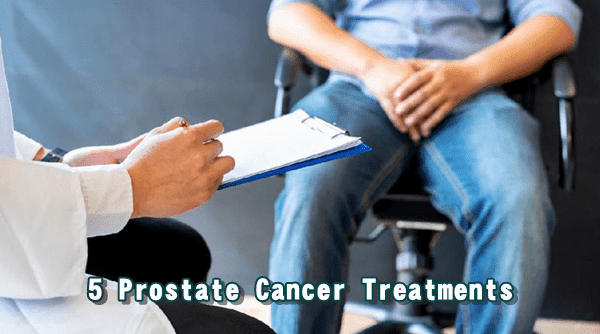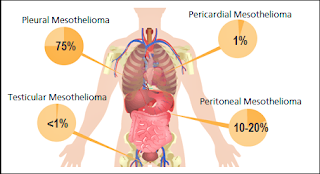5 Prostate Cancer Treatments

For people with early-stage prostate cancer, the doctor will wait and supervise the development of the cancer. This is done because the treatment of early-stage prostate cancer has greater side effects than the benefits obtained.
However, during the surveillance period, patients will undergo PSA tests and biopsies regularly to detect signs of cancer growth. When cancer develops, there are several types of treatment that can be done. These types of treatment include:
1. Prostate surgery
Prostate surgery is performed by removing part or all of the prostate gland, as well as some surrounding tissues and lymph nodes that have been exposed to cancer cells.
2. Radiotherapy or radiation therapy
Radiotherapy is done after surgery to kill the remaining cancer cells. This therapy is also done to relieve symptoms and inhibit the development of cancer in patients with advanced prostate cancer.
3. Hormone therapy
Hormone therapy can be done before or after radiotherapy. Hormone therapy performed before radiotherapy aims to increase the success of the treatment process, while hormone therapy given after radiotherapy aims to reduce the risk of cancer cell return.
In addition, hormone therapy is also given as a single treatment to slow the progression of late-stage prostate cancer and relieve symptoms that appear.
4. Chemotherapy
In chemotherapy, drugs are used to remove cancer cells that are aggressive. Medicines can be given through infusions or tablets. Chemotherapy is done if the cancerous condition has spread to other organs outside the prostate gland.
5. Cryotherapy
Cryotherapy is done by freezing the tissue by inserting a very cold gas to kill cancer cells.
Complications of Prostate Cancer
Cancer that has spread to the outside of the prostate gland risks damaging the nerve function of surrounding organs, such as the penis and bladder. If these nerves are impaired, erectile dysfunction and urinary incontinence can occur.
Cancer can also spread through the bloodstream or lymph nodes to bones or other organs. Prostate cancer that has spread to the bones can cause severe pain, even cracks or fractures.
Prostate Cancer Prevention
There are several ways that can be done to reduce the risk of developing prostate cancer, namely:
- Living a healthy diet by eating low-fat foods, as well as increasing vegetable and fruit consumption
- Reduce the consumption of milk and its processed products, such as cheese and yogurt, as well as calcium supplements
- Limit alcohol consumption
- Stop smoking
- Exercise regularly for at least 30 minutes every day
- Reduce stress by doing meditation and yoga




